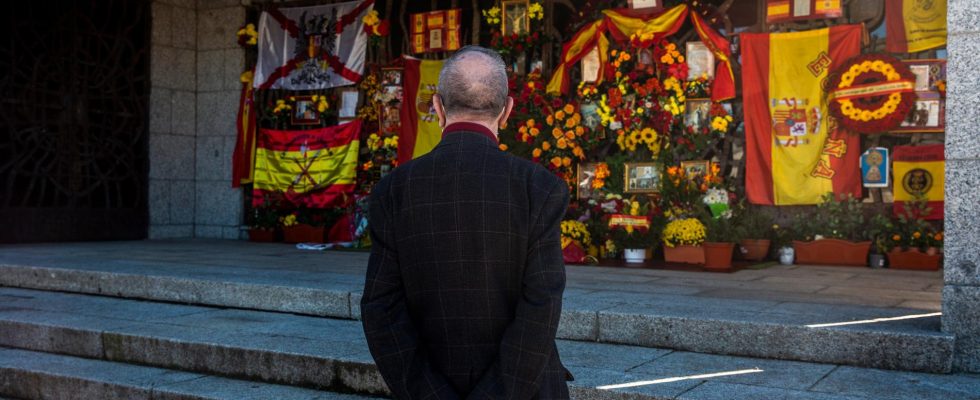For the first time since the death of dictator Francisco Franco in 1975, a man appears and testifies before a Spanish court that he was subjected to torture. It may cause more victims of the dictatorship to demand redress.
– This is the beginning of opening up the wall of silence and impunity that we have regarding the Franco era, said 67-year-old Julio Pacheco Yepes after testifying in the court in Madrid.
So far, Spanish courts have refused to hear lawsuits from Franco-era victims, citing that they fall under the amnesty law or are time-barred. The Amnesty Act was introduced in 1977 to prevent the then young democracy from being torn apart by legal processes. The UN has called on Spain to abolish the law.
Tortured by police
Julio Pacheco Yepes was 19 when he was arrested in Madrid in 1975, three months before Franco’s death. Yepes was a member of an underground leftist movement that opposed the regime. He accuses the regime of allowing the police to torture him for seven days at the headquarters in Madrid’s Puerta del Sol square, before he was detained on terrorism charges.
He has sued four policemen for torture, among them former police chief José Manuel Villarejo, who in recent years has been accused of colluding with a corruption network. Last spring, Judge Ana Maria Iguacel decided to proceed with the case because it may contain evidence of “crimes against humanity and torture.”
The judge also intends to summon the four accused of torture for questioning. Only after that will the court decide whether the evidence is sufficient for a trial.
Investigated in Argentina
Many of the perpetrators of the Franco era have had time to die without being brought to justice.
Lacking the possibility of redress in Spain, many of the victims have turned to Argentina, where Judge Maria Servini investigated the cases as suspected crimes against humanity. Some 20 former high-ranking figures within the Franco regime were requested to be extradited in 2014, but Spain refused to cooperate.
